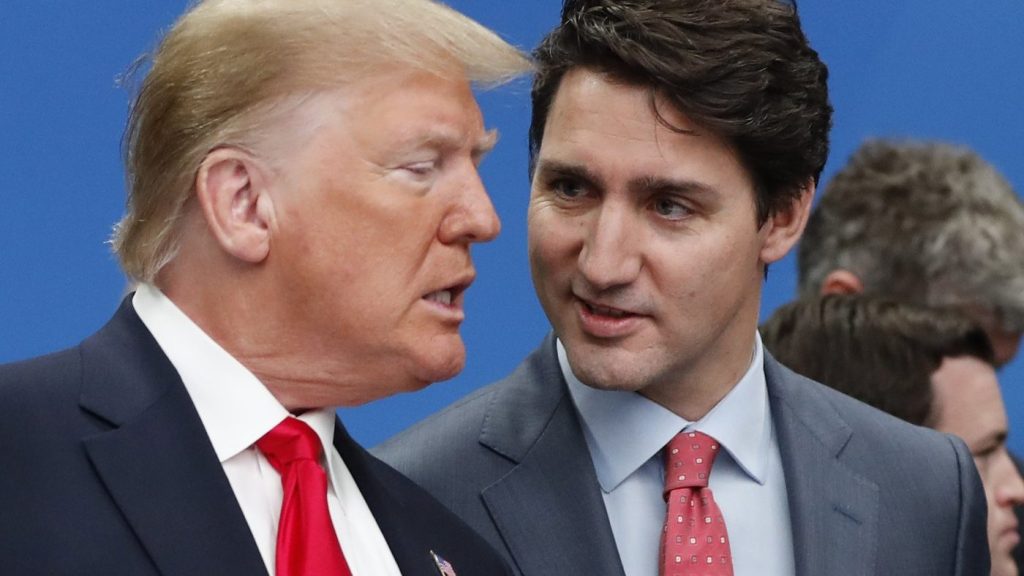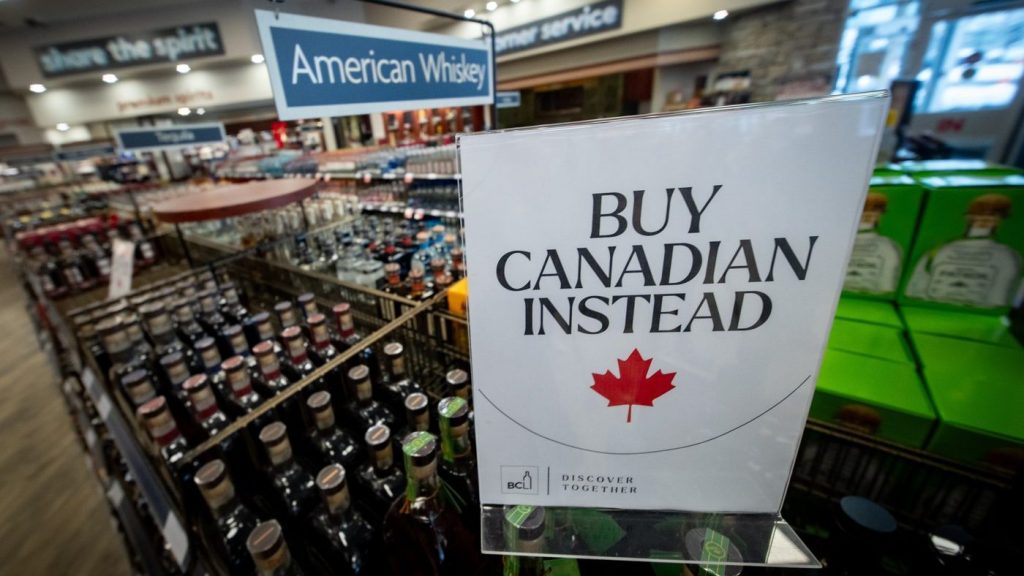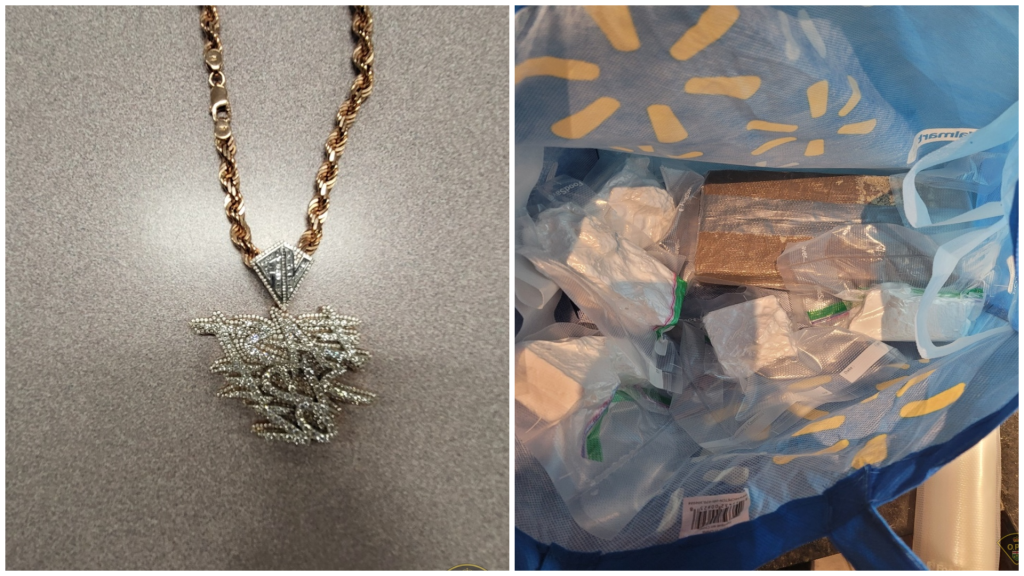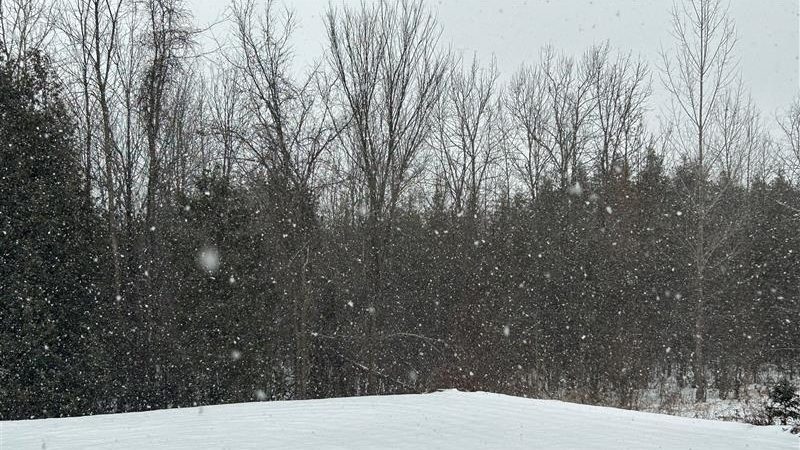Indigenous Ontario MPP hopeful National Day for Truth and Reconciliation can spark positive change
Posted Sep 30, 2021 03:42:00 PM.
Despite the Government of Ontario not recognizing National Day for Truth and Reconciliation as a statutory holiday, an Indigenous NDP MPP, who represents the northwestern Ontario riding of Kiiwetinoong, is still hopeful that Canadians will use the day as one to reflect, mourn, and stand up for hope and change.
Sol Mamakwa joined CityNews Host Sam Laprade on a special program, Thursday, September 30. He calls it a 'big mistake' that the province didn't properly recognize the holiday.
“It would have been an opportunity to bring people together. Ontarians don't want to be on the wrong side of history,” explains the MPP. “It's very clear that this is how reconciliation gets moved to the back burner by this government. I don't believe this would be a debate if graves were discovered that belonged to stolen, non-Indigenous children.”
Mamakwa says, unfortunately, he doesn't view the provincial government as an ally to Indigenous people.
“They are not our friends. They do things that make them look like they are doing something without really changing anything. I'm talking about programs, services, funding and whatnot. These programs and services come and go. Governments come and go without really talking about the fundamental changes that are needed such as treaties, such as talking about self-determination, self-governance. We are unable to move forward.”
Mamakwa adds, the province also hasn't started looking at its own 18 former residential school sites, to see if there are any unmarked graves. But the MPP says that initiative needs to be “Indigenous led, survivor-led, First Nations-led.”
Today is the 1st National Day for Truth & Reconciliation and most importantly, Orange Shirt Day.
It is an opportunity for all to reflect on the truth of Canada’s history & the ongoing intergenerational trauma caused by Indian Residential Schools.
Stand with us for hope&change. pic.twitter.com/mlrqTuya4s
— Sol Mamakwa MPP (@solmamakwa) September 30, 2021
For Mamakwa, whose riding is made up of 68 per cent Indigenous residents and is the largest geographic riding in Ontario, he's hoping that the first National Day for Truth and Reconciliation can start with Canadian governments admitting their past mistakes and coming up with “a genuine process to write the wrongs.”
“I would imagine it's going to take a couple of decades to deal with the genocide that happened,” says Mamakwa. “Genocide is a big deal.”
He's glad, however, to see Canadians coming together on Thursday to learn, reflect and mourn after denying the truth for so long.
From a government standpoint, the NDP MPP says reconciliation could start with correcting issues such as drinking water for Indigenous communities. Mamakwa says one community he serves has been dealing with long-term boil water advisories for the last 26 years.
“We cannot continue to play jurisdictional ping-pong or continued oppression or call on old policies when we just ask for basic human rights.”
On this day, Mamakwa says he's getting hope and strength from his people.
“From children, youth, elders that talk to me, that message me, that send prayers to me. We look for allies. We look for support. We look for people to stand by us, to continue to hope for change.”
Mamakwa is encouraging residents to wear orange on Thursday, take part in Indigenous-led events, and learn what Orange Shirt Day means.
“To change the trajectory of the thinking of people in Ontario and in Canada about the real history of Canada — the other Canada. What the Indigenous faced. Acknowledging that. Whether it's reading the 94 calls to action from the [Truth and Reconciliation Commission] — it's a start.”
Listen to Sol Mamakwa's full interview with Sam Laprade:








